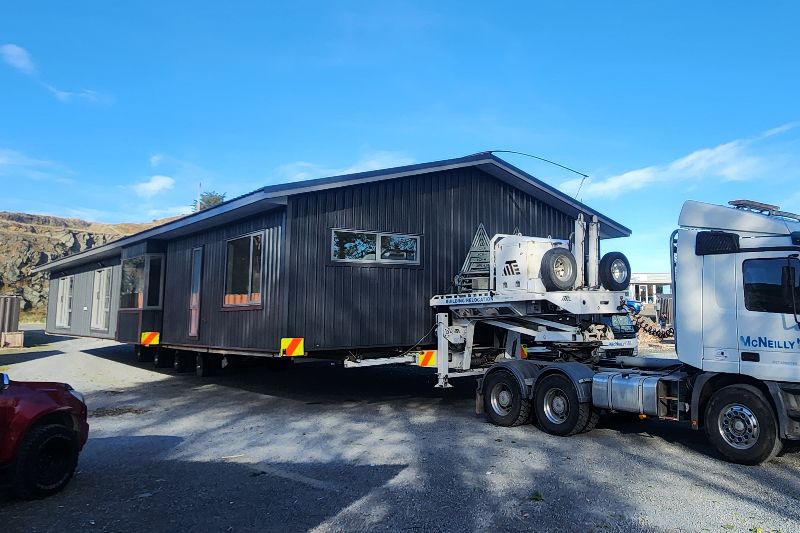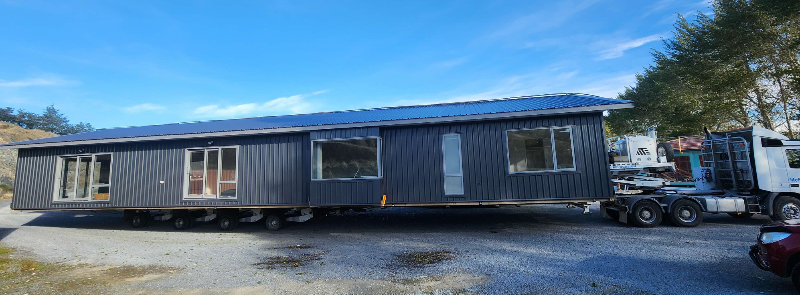

Big River Homes delivers New Zealand’s largest modular home, combining cost-efficiency and record-breaking design.
Big River Homes, a modular construction company located in Balclutha, Otago, has recently completed a modular home that is claimed to be the largest of its kind in New Zealand and possibly a record holder globally.

The company, founded in 2000 by local builder Mark van Asperen, started out crafting modest one-bedroom, self-contained homes in the backyard of the van Asperen family property.
From these small-scale beginnings, Big River Homes has significantly expanded its reach and capability, culminating in the construction of an enormous modular home. This latest modular structure, with its 25.5 metre length and 8.8 metre width, includes four bedrooms, two bathrooms, and features high ceilings up to 3.5 metres, making it comparable in size to an Airbus A320.
The 30-tonne home is a significant achievement for Big River Homes, illustrating the potential scale of modular construction. It was displayed last weekend before being moved as a complete structure to a farm near Momona, with its relocation carried out at night to minimise disruption.


The company’s focus on larger modular homes is informed by the cost benefits associated with scale. Van Asperen highlighted that the larger the modular home, the lower the cost per square metre, aligning with the industry’s shift towards more economical construction practices.
“The more construction work that can be completed in our factory before being delivered to site, the better the financial outcome,” said Van Asperen.
Building the modular home offsite in a controlled environment has also allowed Big River Homes to avoid the logistical costs associated with traditional onsite construction, such as worker accommodation and travel expenses.
“In New Zealand there are satellite towns and long distances to building sites. Travel time, sitting in a van or another vehicle, and additional costs such as hotel stays and meals can all add up to become quite expensive,” commented Van Asperen.
Their method also utilises lightweight timber framing, a technique that offers both structural integrity and flexibility in design, accommodating a range of cladding materials, according to Van Asperen.
Currently, the company employs a team of nine. The success of the modular company can be partly attributed to the growing demand for modular homes, a trend that has accelerated since the financial crisis of 2008, owing to their cost certainty and efficiency.